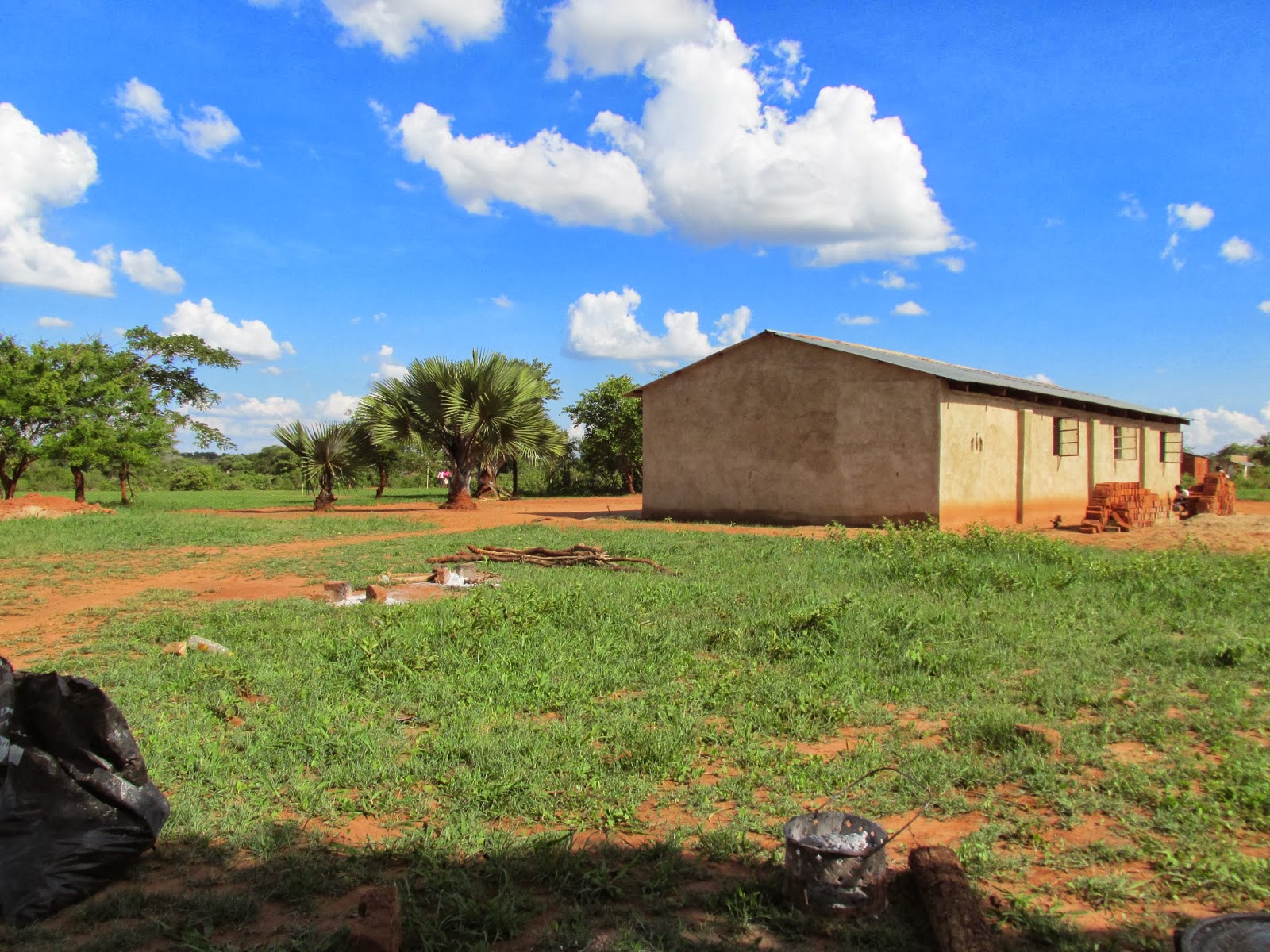Most of you already know that I am soon
leaving Macha. My original job description was listed as 1-3 years, I
planned on staying three, but am leaving after two. I really enjoy
living in Zambia, but my work assignment has not been a good fit. As
they say here in Zambia, I have experienced many “challenges”. I
have learned much and made friendships which I hope to continue from
a distance. In many ways I will miss my life in Macha, but it is time
to go.
When I arrived to work in the PMTCT
(Prevention of Maternal to Child Transmission of HIV) program, it had
been going at Macha hospital since 2008. Much had already been
accomplished. I have mainly focused my energy in areas that were
being neglected due to too many demands on already understaffed
departments. We have been able to improve tracking systems,
documentation and data collection and most importantly advocate for
more support from the hospital administration. A key nurse is back in
the MCH (Maternal Child Health) department the primary locale of
PMTCT. Staffing in this department is back up to three nurses (from
two) and a support staff person has been hired to deal with the dbs
testing (checking for the hiv virus in babies born to already
infected mothers) documentation and data collection on exposed
babies. If these pieces can remain in place, the program will
continue to be a model in the province.
My decision to leave was actually made
some 6 months ago, and so an exit plan was made and has been going
quite smoothly. In November we hired Michelo a young man who will be
handling dbs testing, documentation and data collection on exposed
babies. Michelo was already a trained counselor who had been
volunteering full time in our VCT department for over a year. We have
worked side by side since then and this month he is mainly working
independently. This has given me time to finish up a few side
projects and focus on saying some good byes and begin the packing
process.
A couple weekends ago I went out to the
village to say goodbye to Cliff's family. I brought along homemade
cupcakes which were quite a hit. I also left behind a few books for
the kids to keep practicing their reading. The oldest two, Mary and
Girl, were very eager to show off their school notebooks to me. It
was a great joy to finally meet the youngest, Mercy, who had been
staying with grandma during my previous visits. Being only 3, I
thought she might be fearful of me, but this was not the case at all.
Somehow she managed to get a hold of two cupcakes (one of each
flavor!)
As I leave the country the good news is
that the president has agreed to reinstate some 500 nurses who were
fired for striking last fall. Not only had they been fired, but their
registration was revoked. I have heard a rumor that many of them may
be reposted to rural health centers instead of back to the city
hospitals where they had been. Also still at stake is whether their
accrued seniority and pension benefits will be reinstated.
The not so good news I read this week
is that the Zambian kwacha is the poorest performing African currency
at the moment. Second worst in the world (after the Ukraine). This
seems to have come on rather quickly in the last few months. When I
came to Zambia 2 years ago it was about 5 kwacha to 1 US dollar. It
slowly went to 5.5 kwacha to the dollar but now all of a sudden it is
6.3 kwacha to the dollar. The price of copper is falling and also a
new law was just passed in Zambia where everything must be paid for
in kwacha. This law didn't affect normal people, we always use
kwacha, but my understanding is big business (mines etc.) are forced
to pay everything in kwacha also, even when it is a large bank
transfer say for equipment purchase, utility bills, payroll etc. I
believe this is demanding an increase in printing of local currency.
Also the decreased availability of the dollar is playing a role. I am
not an economist, I do not understand all these things, but this is
what I have heard.
On top of all this, the rains seem to
have been passing over Macha since February and the maize is drying
up quickly. Only people who planted early will have much of a crop.
Nearby areas have had good rains, but people here in Macha will be
hungry this year.
The children have really become quite
comfortable hanging out at my house reading, drawing, doing puzzles
or playing UNO. Two boys were just here playing UNO and doing a
jigsaw puzzle as I was writing this. (I so prefer the groups of twos
and threes over the larger ones!). Anyrate, I will miss their
company. Most households don't contain such items and after months of
asking to take everything home, they have become used to just using
it while here and then leaving. I have a whole cabinet dedicated to
their supplies and they know where it is and are usually quite good
at cleaning up after themselves (unless it starts raining........then
they often take off running).
I will spend a few weeks in Europe on
my way home, visiting friends (old and new) and hiking the Camino de
Santiago. Should be back in the US at the end of June.
Thank you all for your love and support
these past couple of years.
Peace,
Lisa









